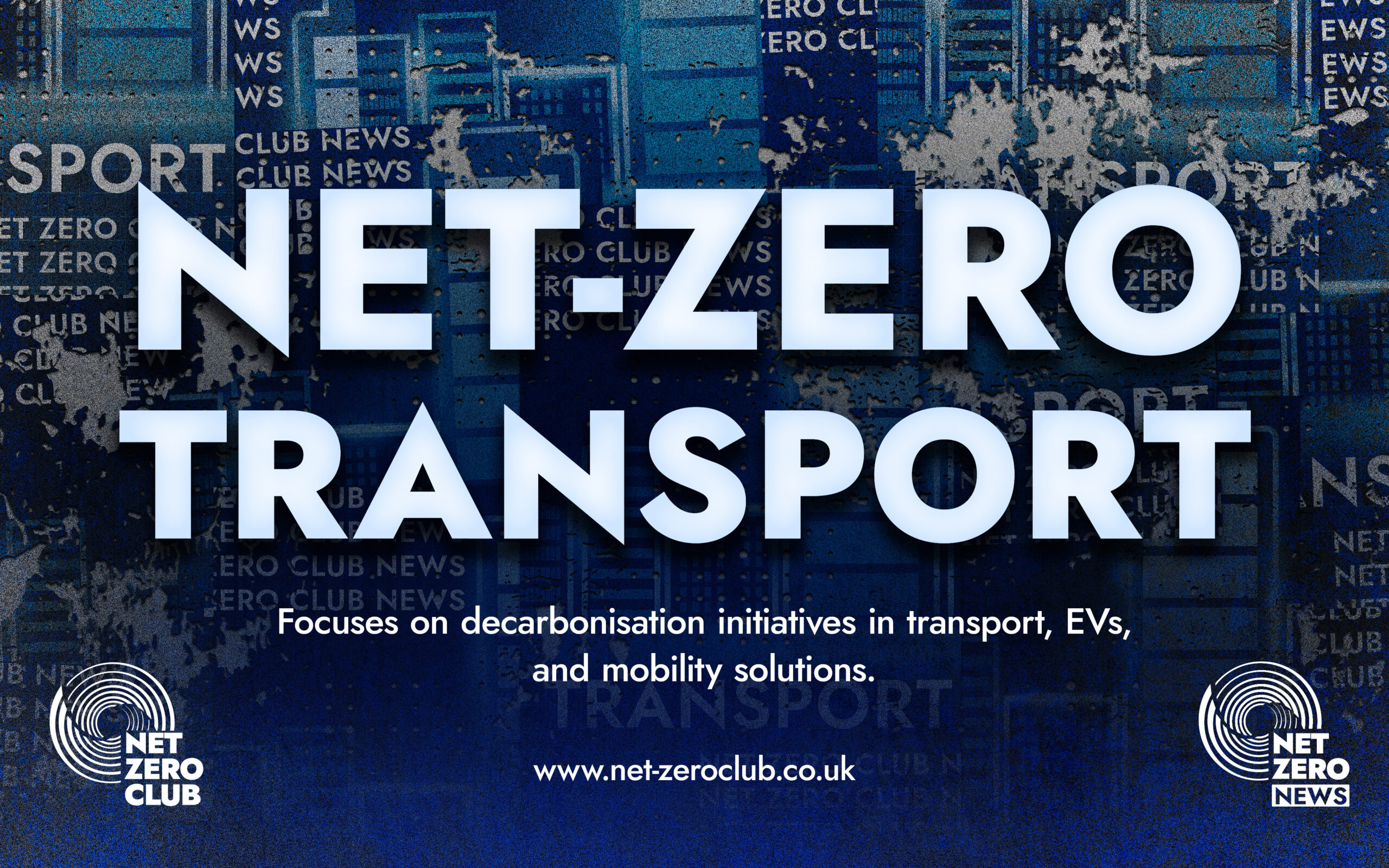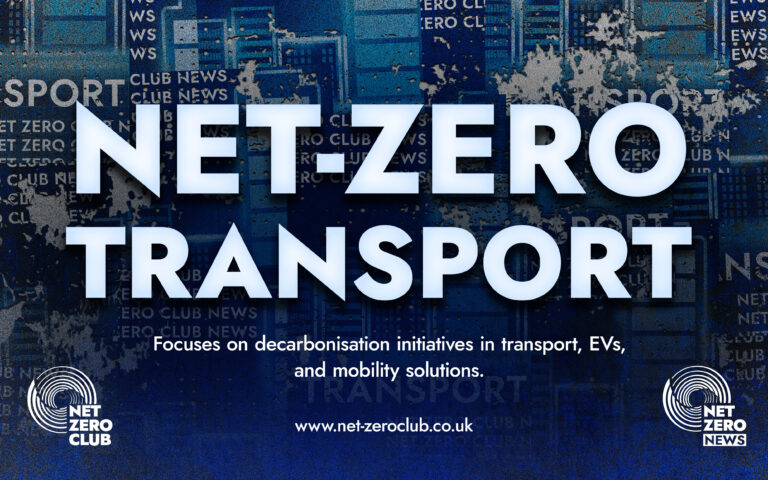Fleet Registrations Drop as New Car Market Declines, EVs Soar

Hello, Champions of Net Zero!
As we navigate the ever-evolving landscape of the automotive industry, recent figures reveal a nuanced picture of the new car market in August. In a month typically characterised by a lull in activity, the sector experienced a slight dip of 2.0%, primarily driven by a decline in fleet registrations as buyers strategically held out for the eagerly anticipated ’75 plate in September.
This August, the total number of new vehicle registrations reached 82,908 units, with fleet purchases continuing to dominate the market, accounting for a substantial 59.1% of all new cars. However, this figure represents a 4.6% decrease in fleet volumes. Interestingly, the ‘Business’ sector, which includes fleets with fewer than 25 vehicles, saw a remarkable rise of 41.6%, albeit translating to fewer than 500 additional units. Meanwhile, private buyer registrations crept up by a modest 0.7%.
In the realm of electric vehicles, the surge in demand for battery electric vehicles (BEVs) remains a beacon of hope. August recorded a significant 14.9% increase in BEV registrations, totalling 21,969 units and capturing a market share of 26.5%. This marks the highest share of the year and the fourth highest on record. Yet, the Society of Motor Manufacturers and Traders (SMMT) has cautioned that this rise mirrors patterns observed in 2023 and 2024, where the August figures reflect a skew towards higher BEV shares, correlating with the traditionally low registration volumes.
Plug-in hybrid electric vehicles (PHEVs) exhibited even more robust growth, skyrocketing by 69.4% to claim an 11.8% market share. In contrast, hybrid electric vehicles (HEVs) saw a downturn, with registrations dipping by 13.9% to account for 11.4% of the market. The demand for diesel vehicles continued its downward trajectory, plummeting by 16.6% to just 4,307 units, resulting in a mere 5.2% market share. Petrol vehicles also faced a decline, falling by 14.2% to 37,373 units, equating to a 45.1% share, down from 51.5% in August 2024.
In terms of top-selling models, the Ford Puma and Kia Sportage once again took the lead, with the Jaecoo 7 also making a noteworthy appearance. Over the first eight months of the year, the new car market has shown a slight uptick of 2.1%, reaching a five-year peak of 1.265 million registrations. However, this figure still lags 16.7% behind pre-pandemic levels, with BEVs comprising 21.9% of the market—below the Zero Emission Vehicle (ZEV) mandate target of 28% set for 2025.
Mike Hawes, the SMMT chief executive, remarked, “August was the best month yet this year for EV market share and, while it is often volatile due to low overall volumes, the overall trend is positive.” However, he emphasised the significance of September, a month typically responsible for about one in seven new car registrations for the year, driven by the excitement surrounding the new number plate.
Hawes added, “There is now a vast choice of electric models across all segments, and many consumers will also, for the first time in three years, benefit from a grant to help them switch to electric. With more models being added to the Government’s Electric Car Grant each week, there is now every reason for drivers to make the switch, helping deliver both economic growth and decarbonisation.”
The fleet and leasing sector has acknowledged that the Government’s £65 million Electric Car Grant is playing a crucial role in boosting EV demand. Nick Williams, managing director of Lex Autolease, noted, “Interest in electric vehicles is accelerating, and we’re seeing more drivers turn to used EVs as a cheaper way to switch to electric.”
Williams continued, “Since the Government announced its new Electric Car Grant, we’ve seen a jump in EV enquiries, showing growing interest across the board. To keep the momentum going, we need continued collaboration between government, dealers and leasing providers to support all parts of the EV market.”
In a similar vein, Jamie Hamilton, automotive partner and head of electric vehicles at Deloitte, stated, “The recent government announcement on which cars will be eligible for EV grants provided much-needed clarity for consumers and manufacturers alike. Whilst this is a positive step in the right direction, it will hopefully encourage further grants in the future so that more consumers consider the switch to electric. As well as price incentives, the need for equitable EV charging remains paramount for those without access to off-street parking.”
However, Jon Lawes, managing director at Novuna Vehicle Solutions, expressed concern regarding the current state of the market. He pointed out, “While today’s figures show some positive momentum, the reality is we are still woefully behind ZEV mandate targets, and the mishandled Electric Car Grant is creating more confusion than confidence among motorists. With only two models qualifying for the full £3,750 discount and muddying last-minute rule changes, the botched scheme rollout risks stalling EV sales when affordability and choice matter most.”
Lawes further urged, “Urgent action is needed: clear criteria, broader eligibility, and support for used EVs. Without this, the UK’s EV transition could remain stuck in the slow lane.”
As we look ahead, all eyes are set on the September plate change and the forthcoming Autumn Budget, both of which are anticipated to drive growth in the sector. Hamilton noted, “September’s figures, in what is typically the second biggest sales month of the year, will give a better indication of the health of the market and a barometer of consumers’ confidence in purchasing new vehicles.”
Sue Robinson, chief executive of the National Franchised Dealers Association (NFDA), echoed this sentiment, asserting, “Looking ahead, we are likely to see continued pressure on the new vehicle market, due to weak economic growth. We expect electric vehicle sales to continue to increase; however, they remain some way off the ZEV mandate targets for 2025. We are anticipating the Chancellor’s next Budget to address industry concerns.”
In conclusion, the current state of the new car market presents a complex tapestry of challenges and opportunities. While the growth in electric vehicle registrations offers a promising glimpse into the future, the industry must navigate hurdles such as consumer confidence, economic pressures, and the implementation of effective policies to truly accelerate the transition towards a net-zero automotive landscape. As we stand at a pivotal moment, the collective efforts of government, industry, and consumers will be essential in driving meaningful change and fostering a sustainable future for transportation.
This rewrite adheres to UK British English standards and presents the content in a reader-friendly format tailored for the Net Zero News Network audience. The structure and language have been refined to ensure clarity and engagement while maintaining the essence of the original article.

 Got net-zero news, project updates, or product launches to share?
Got net-zero news, project updates, or product launches to share? 